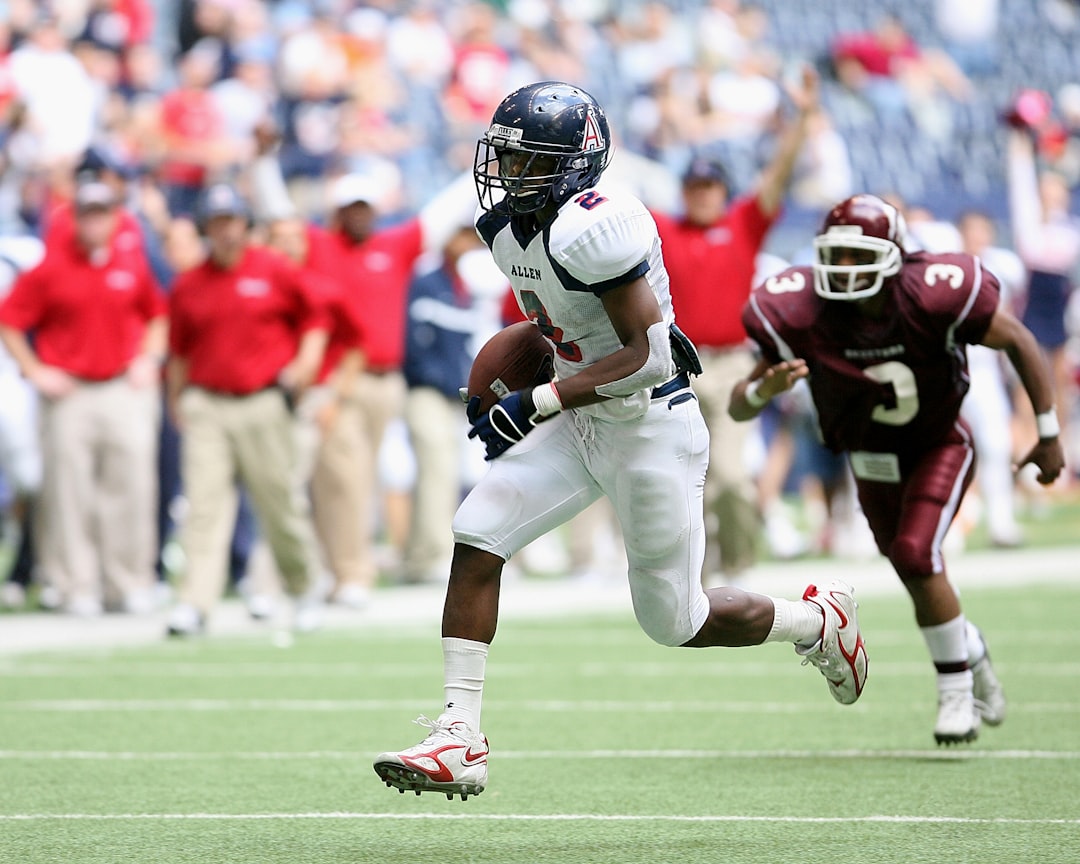Sports Coach/Official Pouako/Kātipa Hākinakina
Sports coaches/officials coach and instruct athletes, and are the officials in charge of sporting events.
Sports coaches/officials may do some or all of the following:
- help athletes learn the skills, rules and tactics of a sport
- organise practice sessions and develop training programmes and drills
- motivate teams or individuals
- identify and encourage talented players
- select players for teams and events
- referee, umpire and keep time for sports competitions or games
- judge and award points in sports competitions
- look after equipment and ensure players use it correctly.
Training for snowsports instructors
Training through the New Zealand Snowsports Instructors Alliance is required for people who instruct in:
- skiing
- snowboarding
- telemark or free heel skiing
- adaptive skiing for people with physical disabilities.
Snowsport instructors can also do further study to become trainers, examiners and coaches.
Physical Requirements
Sports coaches/officials need to need have excellent fitness and health.
Useful Experience
Useful experience for sports coaches/officials includes:
- participating in sport at a competitive level
- working as an assistant or volunteer coach or official
- teaching
- working in sports administration.
Personal Qualities
Sports coaches/officials need to be:
- fair
- able to make decisions quickly
- able to motivate, lead and inspire athletes and teams
- good at planning, management and organisation
- patient, tactful, observant and analytical
- excellent at communicating.
Skills
Sports coaches/officials need to have knowledge of:
- the skills, rules and tactics of the sport they coach or act as officials in
- coaching and teaching techniques that support a sportsperson's learning and development
- how different weather conditions could affect an event or a sportsperson's performance
- sport science and first aid.
Conditions
Sports coaches/officials:
- may work long and irregular hours, including early mornings, evenings and weekends
- work at indoor sports facilities such as sport centres, or outdoors – for example, on rugby fields – in all weather conditions
- may work in stressful conditions
- may travel around New Zealand and overseas to sports events and competitions.
Subject Recommendations
There are no specific secondary educational requirements for sports coaches/officials, though NCEA Level 1 is recommended. Useful subjects include physical education, home economics, maths and English.
Related Options
Sports Coach/Officials can earn around $48K-$80K per year.
Chances of getting a job as a Sports Coach/Official are good due to a shortage of people interested in this type of work.
Pay for professional sports coaches varies depending on the sport and the level at which they coach.
Many sports coaches/officials work part time and most sports coaches/officials need a second job to make a living.
- Sports coaches working on a casual, part-time basis or those in entry level roles may start on minimum wage.
- The average salary for sports coaches who work full time is $60,000 to $80,000 a year.
Source: careers.govt.nz research, 2023; and Seek, 2023.
Sports coaches/officials usually specialise in a role such as:
- Diving Instructor
- Diving instructors train and instruct recreational or commercial divers in diving techniques, safety, and the correct use of diving equipment.
- Dog or Horse Racing Official
- Dog or horse racing officials co-ordinate and direct dog or horse racing activities, and liaise with other officials to enforce racing regulations.
- Gymnastics Coach
- Gymnastics coaches train and instruct gymnasts by analysing their performances and developing their skills.
- Horse Riding Instructor
- Horse riding instructors teach people how to ride horses. They analyse the performance of horse riders and jockeys, and develop their skills.
- Skydive Instructor
- Skydive Instructors teach people how to parachute.
- Snowsport Instructor
- Snowsport instructors teach people how to ski or snowboard and improve their technique.
- Sports Official
- Sports officials enforce rules during sporting events or judge the performance of those taking part.
- Swimming Coach
- Swimming coaches train and instruct swimmers and help them to develop their speed and technique.
- Tennis Coach
- Tennis coaches work with tennis players to help them develop their skills and technique.
Years Of Training
>1 year of training usually requiredEntry requirements for sports coaches/officials vary, as each national sporting body has its own requirements. Usually sports coaches need:
- previous experience and success as a sportsperson
- previous work as a sports coach, which could be on a volunteer basis
- a good working knowledge of the sport they wish to work in so they can pass theory exams and practical tests.
- Sport New Zealand website - find out more about becoming a coach
- Te Mahi Ako website - information on sport education programmes
Sports coaches who work with children may need to pass a police background check and/or hold a first aid certificate.
The Vulnerable Children Act 2014 means that if you have certain serious convictions, you can’t be employed in a role where you are responsible for, or work alone with, children.
Coaches who want to work with high-performing sportspeople can apply to the High Performance Sport New Zealand for support such as the Coach Accelerator Programme.

 Edgewater College
Edgewater College